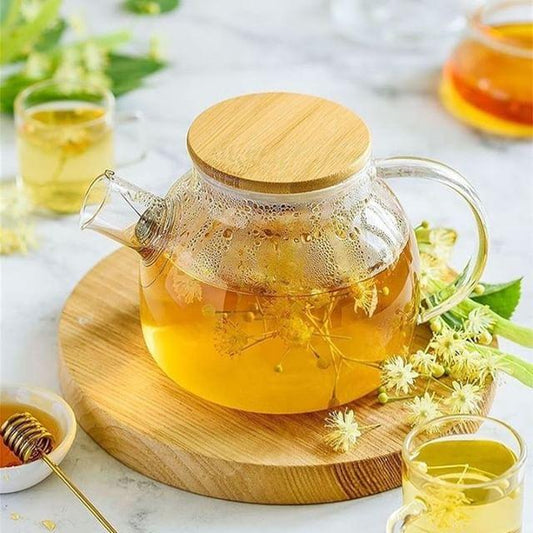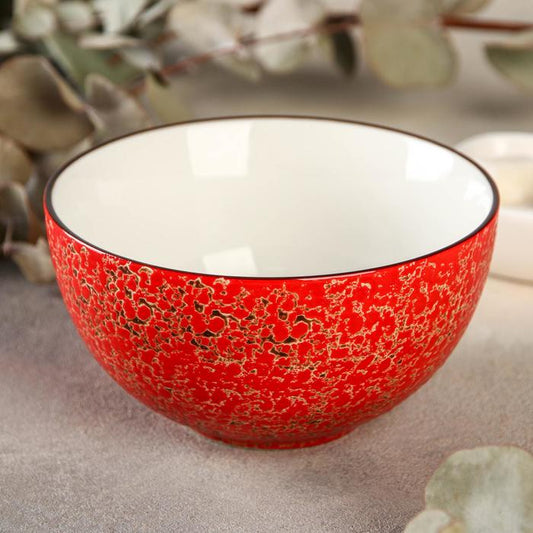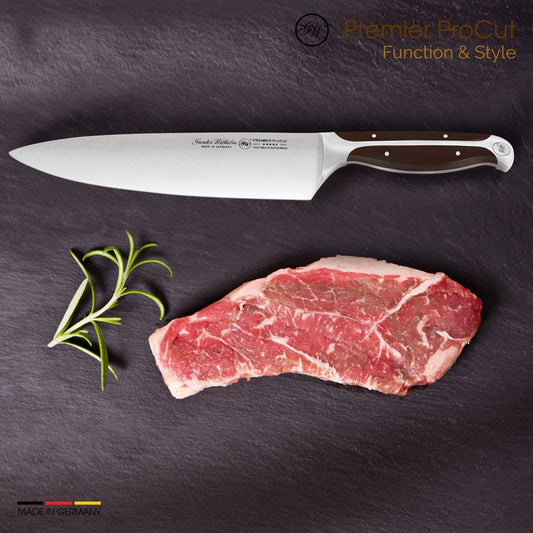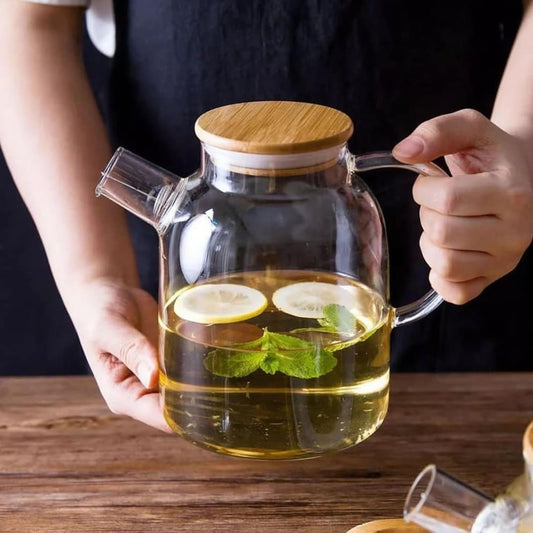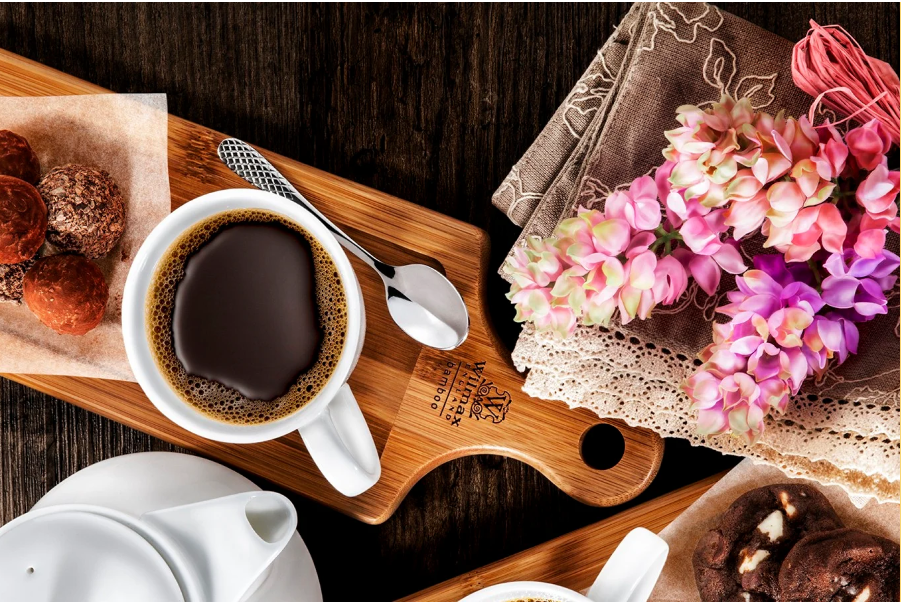5 Simple Cooking Techniques That Will Make You a Better Chef Overnight

Becoming a better cook doesn’t require years of training or mastering hundreds of recipes. In fact, learning a few key techniques can instantly elevate your cooking skills and make a big difference in the quality of your meals. These five simple cooking techniques will help you improve your dishes and make you feel more confident in the kitchen, no matter your skill level.
1. Master the Art of Seasoning
Seasoning your food properly is the number one way to take your dishes from bland to flavorful. Many home cooks don’t use enough salt or spices, or they add them at the wrong time. Proper seasoning enhances the natural flavors of ingredients and adds depth to your meals.
-
How to Do It:
- Season gradually: Start by lightly seasoning your food as you cook, and taste throughout the process to adjust as needed.
- Layer your seasonings: Don’t just add salt at the end. Add it during cooking to allow flavors to develop. Use herbs and spices to add complexity.
- Don’t be afraid of salt: Salt is essential for bringing out flavors. Opt for kosher salt or sea salt for the best results.
-
Why It Works: Proper seasoning makes food more vibrant and ensures every bite is packed with flavor.
2. Learn the Power of High-Heat Searing
Searing is a simple technique that transforms the texture and flavor of meats, fish, and even vegetables. It creates a flavorful crust on the outside while keeping the inside tender and juicy. Searing uses high heat to caramelize the surface of the food, adding complexity and depth.
-
How to Do It:
- Preheat your pan: Make sure your pan is very hot before adding the food. This helps achieve a perfect sear without sticking.
- Don’t overcrowd the pan: Give your ingredients enough space to allow proper browning.
- Avoid moving the food too soon: Let it cook undisturbed for a few minutes to develop that delicious crust.
-
Why It Works: A well-seared dish offers contrasting textures with a crispy exterior and a moist, flavorful interior.
3. Perfect the Knife Skills
Good knife skills are essential for efficient cooking and better presentation. Chopping, dicing, and slicing your ingredients evenly ensures they cook evenly, which leads to better-tasting dishes. Plus, mastering knife techniques speeds up your prep time, making the whole cooking process smoother.
-
How to Do It:
- Use the right knife: Invest in a sharp chef’s knife, which is versatile for most tasks.
- Practice proper grip: Hold the knife with a firm grip, with your fingers curled back on the opposite hand to avoid cutting yourself.
- Master basic cuts: Learn simple cuts like chopping, mincing, and julienning to improve your speed and consistency.
-
Why It Works: Evenly chopped ingredients cook at the same rate, making your dishes taste better and look more professional.
4. Embrace the Magic of Deglazing
Deglazing is a cooking technique that adds incredible depth of flavor to your sauces and gravies. After searing or sautéing, there are usually delicious browned bits, called “fond,” stuck to the bottom of the pan. By adding liquid, you loosen those flavorful bits and incorporate them into a sauce.
-
How to Do It:
- After cooking, remove the food from the pan.
- Add a small amount of liquid like wine, broth, or water to the hot pan.
- Stir and scrape the browned bits from the bottom, allowing the liquid to reduce slightly, creating a rich sauce.
-
Why It Works: Deglazing intensifies flavors and creates a luxurious sauce with minimal effort.
5. Use the Right Heat for Cooking
Knowing when to use high, medium, or low heat is a fundamental skill in the kitchen. Many cooking mistakes come from using the wrong temperature, such as burning food or cooking unevenly. Controlling your heat levels can dramatically improve your results.
-
How to Do It:
- High heat is great for quick searing, boiling, or stir-frying.
- Medium heat is ideal for simmering sauces, cooking grains, or sautéing vegetables.
- Low heat is best for slow cooking, simmering delicate sauces, or keeping food warm.
-
Why It Works: Using the correct heat ensures even cooking, prevents burning, and helps lock in flavors.
Final Thoughts
These five cooking techniques may seem simple, but mastering them can instantly improve your cooking. From properly seasoning your dishes to using the right heat, these small adjustments will make you feel like a pro in the kitchen overnight. Practice these techniques, and you'll find yourself cooking tastier, more polished meals in no time!
Share:

